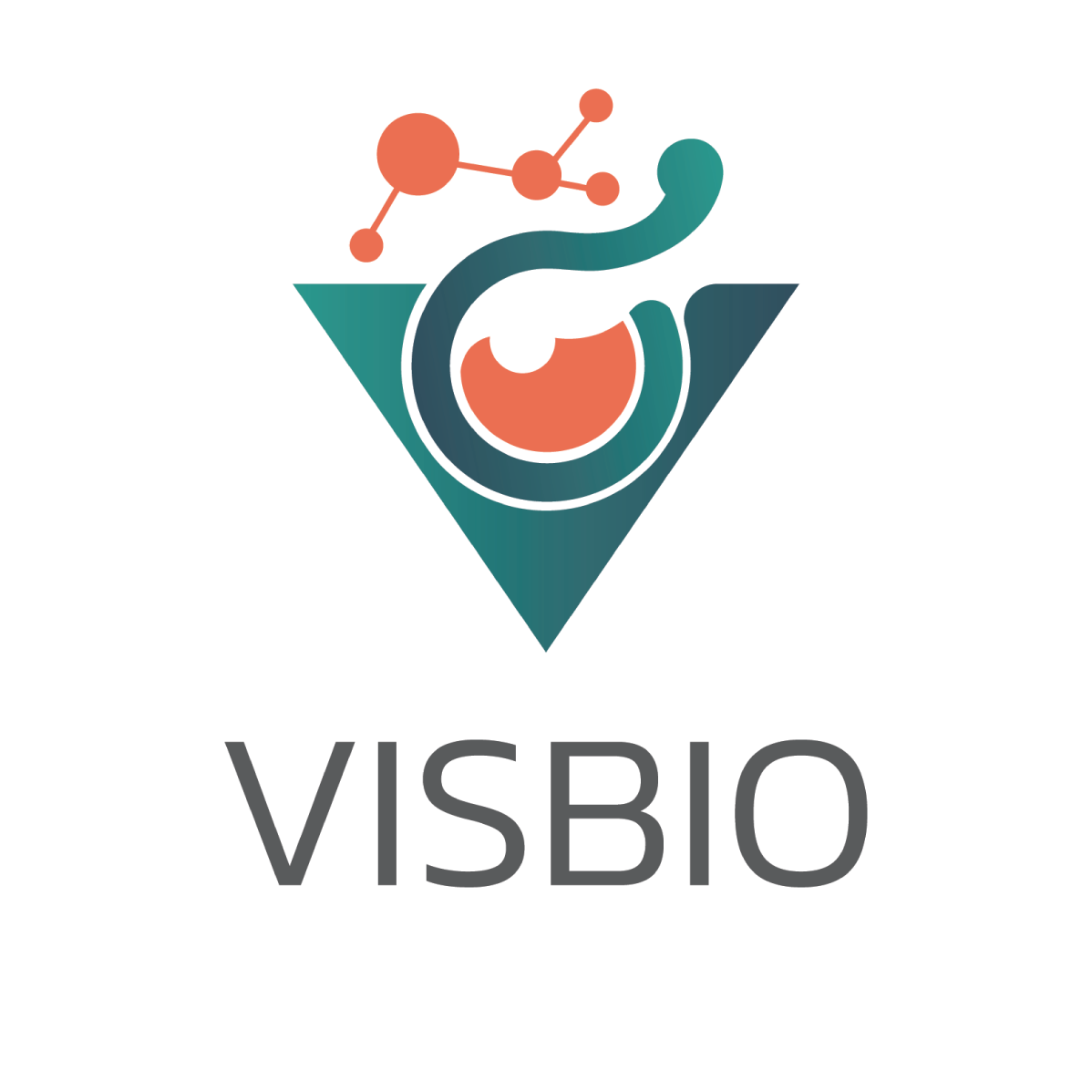Epidermal growth factor receptor (EGFR) is a key player in many types of cancer, particularly non-small cell lung cancer (NSCLC), where its overexpression leads to uncontrolled cell growth and tumor formation. As such, inhibiting EGFR’s tyrosine kinase activity has become a target for cancer treatment. While synthetic inhibitors have been developed, there is a growing interest in natural, plant-based compounds that offer similar effects with fewer side effects. Thai nutraceutical plants, traditionally used for health benefits, have emerged as promising sources of bioactive compounds with cancer-fighting potential.
In the recent study “In-vitro Studies of Anti-EGFR Tyrosine Kinase Activity of Thai Nutraceutical Plants,” researchers, including Associate Professor Dr. Kiattawee Choowongkomon, investigated the EGFR-tyrosine kinase inhibiting properties of 23 Thai nutraceutical plants. Four species stood out for their potent anti-EGFR activity: Azadirachta indica (Neem), Brucea javanica, Hibiscus sabdariffa (Roselle), and Saccharum chinensis (Red Sugar Cane). The study also evaluated these extracts’ anti-tumor effects on non-small cell lung cancer cells, revealing that A. indica and B. javanica had significant cancer-inhibiting properties, highlighting their potential as natural alternatives in cancer therapy.
Targeting EGFR in Cancer Treatment
Epidermal growth factor receptor (EGFR) plays a central role in regulating cell growth, division, and survival. In cancers such as NSCLC, EGFR is often overexpressed or mutated, leading to excessive cell proliferation and resistance to apoptosis. Inhibiting EGFR tyrosine kinase activity has become a primary focus in cancer research, with tyrosine kinase inhibitors (TKIs) already being used as a first-line treatment for many cancers. However, resistance to TKIs and side effects have spurred the search for natural compounds that can target EGFR.
The study screened 23 Thai nutraceutical plants for their ability to inhibit EGFR tyrosine kinase activity in cancer cells. Of these, A. indica, B. javanica, H. sabdariffa, and S. chinensis exhibited the strongest inhibition. These plants have been used in traditional medicine for centuries, but their molecular mechanisms against EGFR were previously unexplored. The identification of these plants as natural EGFR inhibitors opens the door to developing new, plant-based cancer treatments that could complement or replace existing therapies.

Anti-EGFR Activity: Neem, Brucea javanica, and Other Thai Plants
Among the plants tested, Azadirachta indica (Neem) and Brucea javanica showed the most potent EGFR tyrosine kinase inhibition. Both plants are well-known for their medicinal properties, but this study highlights their potential in cancer therapy by specifically targeting the EGFR pathway.
A.indica has long been used in traditional medicine for its anti-inflammatory, antimicrobial, and antioxidant properties. This study demonstrated that neem extracts inhibit EGFR activity, reducing cancer cell proliferation and promoting apoptosis in NSCLC cells. Similarly, Brucea javanica is recognized for its anti-cancer and anti-inflammatory effects, with this study revealing its ability to suppress EGFR activity and significantly inhibit tumor cell growth.
The extracts of Hibiscus sabdariffa and Saccharum chinensis, commonly known for their health benefits, were also found to inhibit EGFR tyrosine kinase activity, although to a lesser extent. These findings suggest that these plants could be further investigated for their potential use in cancer treatment, either alone or in combination with other therapies.
Anti-Tumor Effects on Non-Small Cell Lung Cancer Cells
The study also focused on evaluating the anti-tumor activity of the plant extracts on NSCLC cells, a form of lung cancer where EGFR mutations are particularly common. Using in vitro assays, researchers found that the extracts of A. indica and B. javanica not only inhibited EGFR tyrosine kinase activity but also demonstrated significant cytotoxicity against lung cancer cells.

The apoptotic effects induced by these plant extracts were observed through the upregulation of pro-apoptotic proteins and the downregulation of pro-survival signals, leading to the death of cancer cells. These effects were comparable to those of existing EGFR inhibitors, suggesting that these nutraceutical extracts could be developed into natural cancer therapies.
The study’s findings are especially significant given the growing resistance to conventional EGFR inhibitors. The ability of these plant-based extracts to suppress EGFR activity and induce apoptosis offers a promising alternative for treating drug-resistant cancers.

Natural Anti-Cancer Treatment: Harnessing the Power of Nutraceutical Plants
The discovery that Thai nutraceutical plants can inhibit EGFR tyrosine kinase and reduce cancer cell viability offers a promising new approach to cancer treatment. The natural origins of these compounds make them particularly attractive as potential cancer therapeutics, given their lower toxicity compared to synthetic drugs.
The potent anti-cancer effects of A. indica and B. javanica demonstrate the therapeutic potential of traditional medicinal plants in modern medicine. As consumers and healthcare providers continue to shift toward natural therapies, the development of nutraceutical plant-based cancer treatments could fill a significant gap in the market.
What Does This Natural Anti-Cancer Treatment Mean for Your Business?
For businesses in the pharmaceutical, biotechnology, and nutraceutical sectors, the discovery of EGFR tyrosine kinase inhibitors from Thai medicinal plants presents an exciting opportunity. The global market for oncology treatments is expanding rapidly, and natural, plant-based EGFR inhibitors offer a novel approach to addressing the challenges of drug resistance and side effects.
Investing in the development of these natural EGFR inhibitors could provide a competitive edge in the growing market for natural cancer therapies. By partnering with research institutions like Dr. Kiattawee’s team, companies can gain access to intellectual property rights and accelerate the commercialization of these compounds. The growing consumer demand for natural, plant-based treatments in cancer therapy adds further appeal to these nutraceutical extracts.
Additionally, the versatility of these plants in addressing both cancer treatment and general health makes them valuable for nutraceutical products, providing opportunities for development in both the pharmaceutical and wellness markets.
The Future of Natural EGFR Inhibitors and Cancer Treatment
The identification of Azadirachta indica and Brucea javanica as potent EGFR inhibitors in this study marks a significant step forward in the development of natural anti-cancer therapies. As the search for safe and effective cancer treatments continues, plant-based compounds are becoming increasingly important in offering alternatives to synthetic drugs.
With the rise of drug-resistant cancers and the limitations of conventional treatments, natural compounds that target specific pathways like EGFR tyrosine kinase are essential for the future of cancer treatment. The ability of these plants to inhibit cancer cell growth and induce apoptosis without causing severe side effects positions them as key players in the next generation of cancer therapeutics.
Partner with Us for Innovative Natural Cancer Therapies
We invite companies in the pharmaceutical and biotech sectors to collaborate with us in developing Thai nutraceutical plant extracts into effective cancer treatments. Contact us for a free consultation to explore how your business can leverage this innovative research to develop next-generation natural EGFR inhibitors.

About the Author:
Associate Professor Dr. Kiattawee Choowongkomon is a leading expert in natural product drug discovery and enzyme inhibition. With over 200 publications, Dr. Kiattawee’s research focuses on developing novel therapies for cancer and chronic diseases using natural compounds.
About the Research:
This study, titled “In-vitro Studies of Anti-EGFR Tyrosine Kinase Activity of Thai Nutraceutical Plants,” was published in the Iranian Journal of Pharmaceutical Research and is available via DOI: 10.22037/ijpr.2017.2022. The research focuses on identifying EGFR tyrosine kinase inhibitors from 23 Thai nutraceutical plants, exploring their potential for cancer therapy, particularly in treating non-small cell lung cancer (NSCLC).


